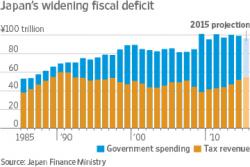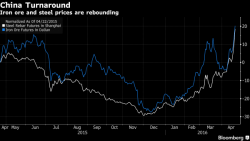JPM Emails High Net Worth Clients, Urging Them To "Stay Invested"

It appears Bank of America's high net worth private clients (who together with hedge funds and institutional make up the so-called "smart money" investor category) are not the only ones who have been quietly offloading stocks.



